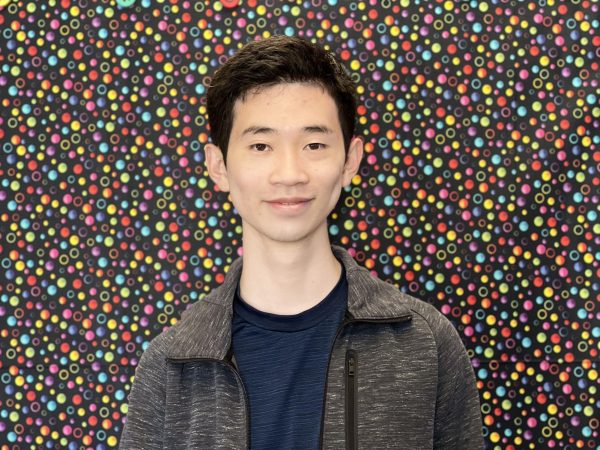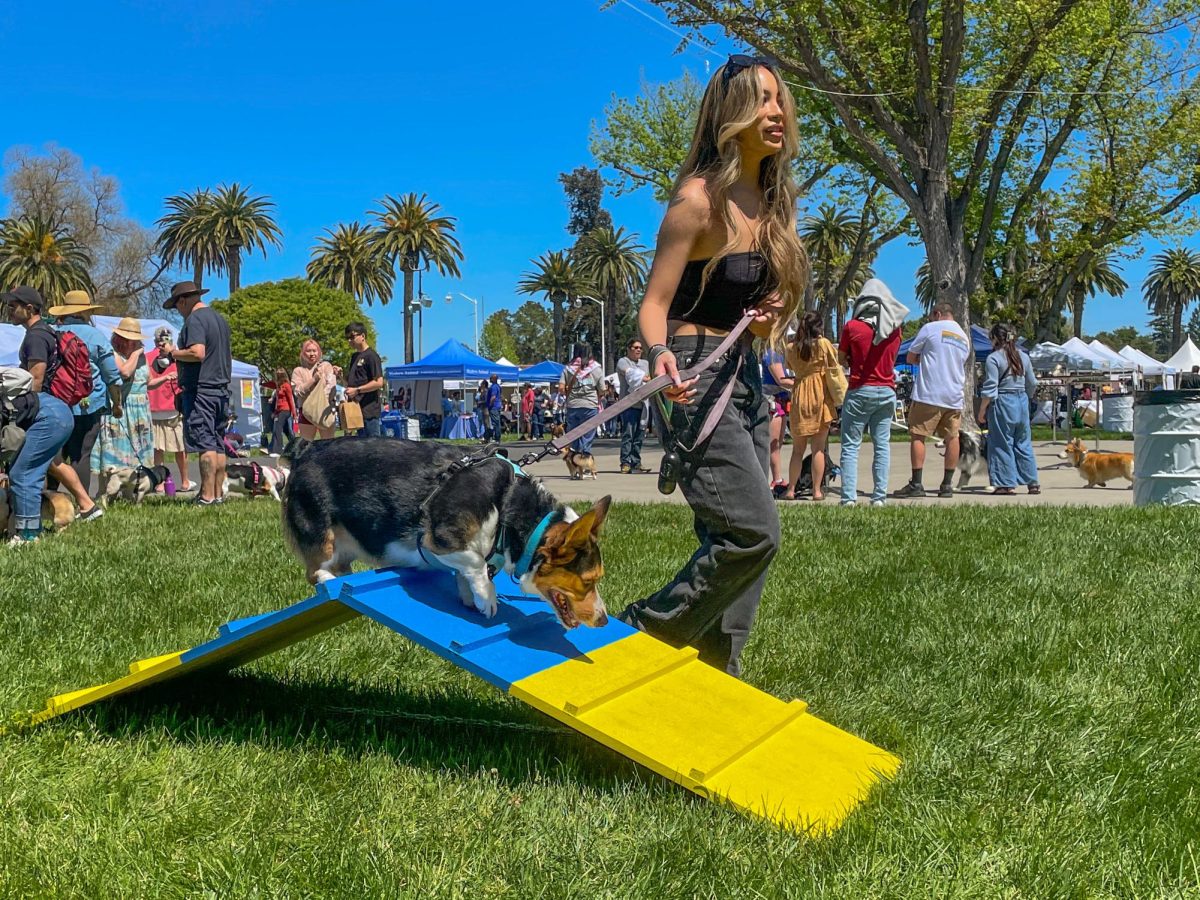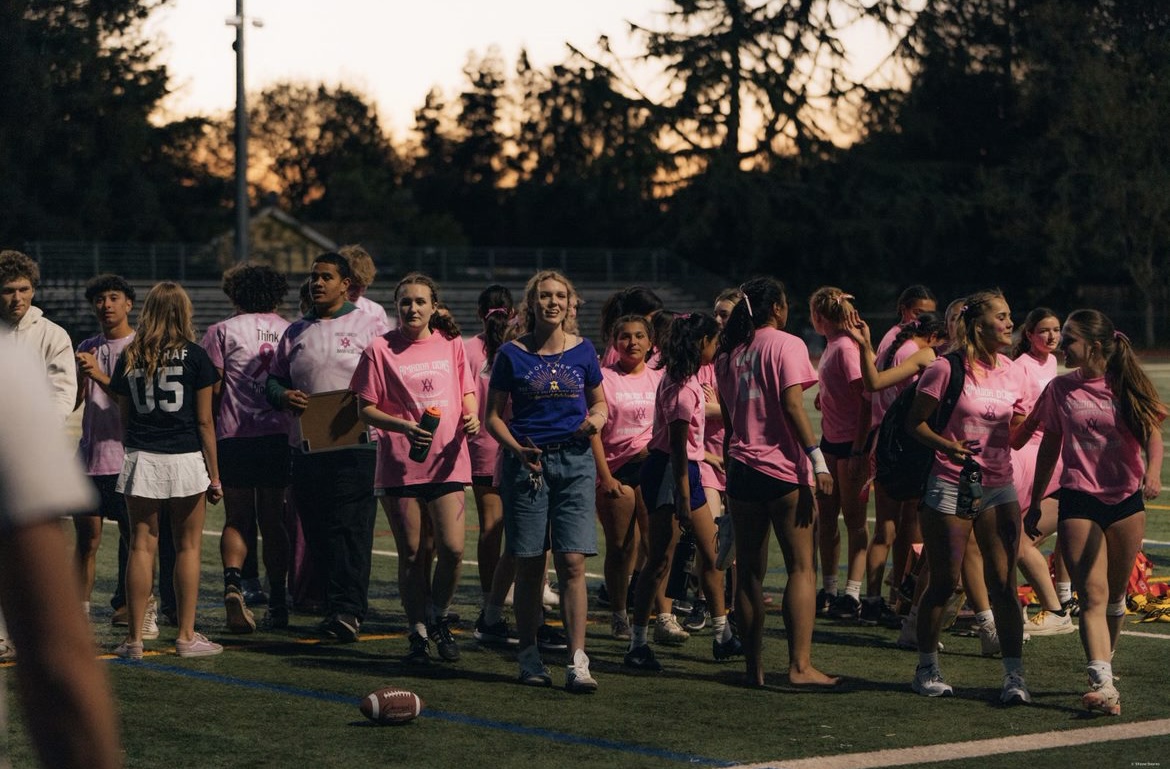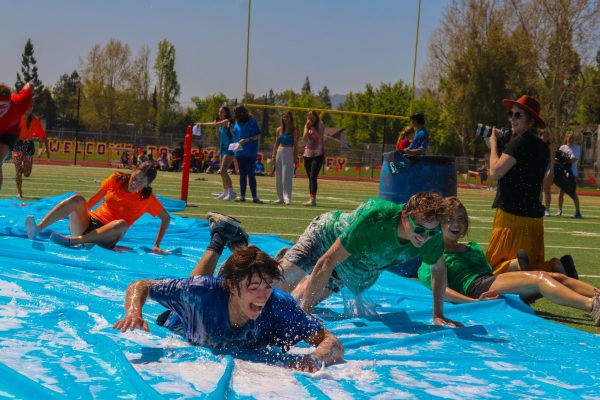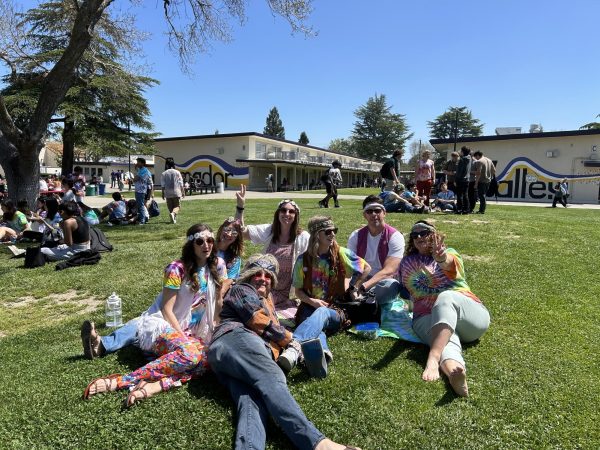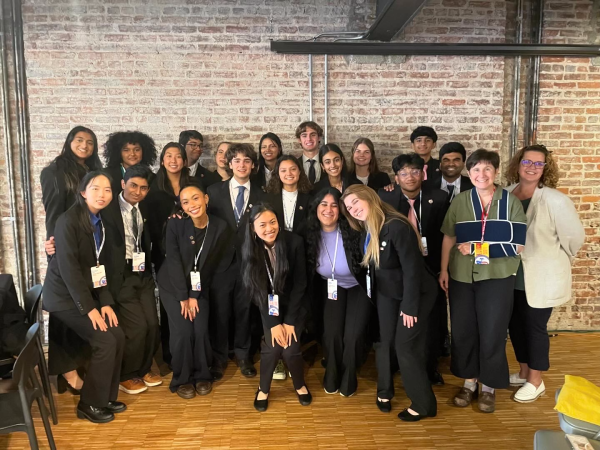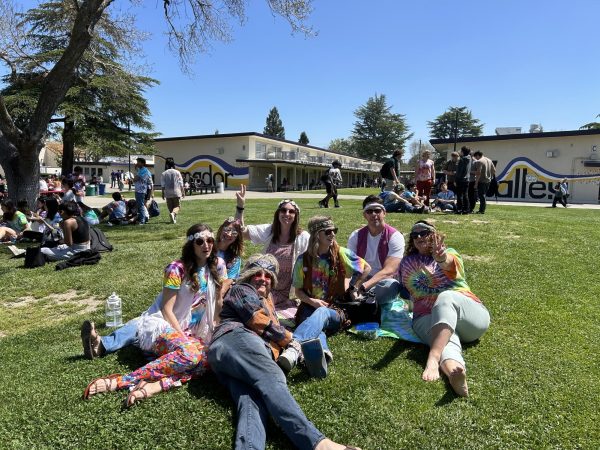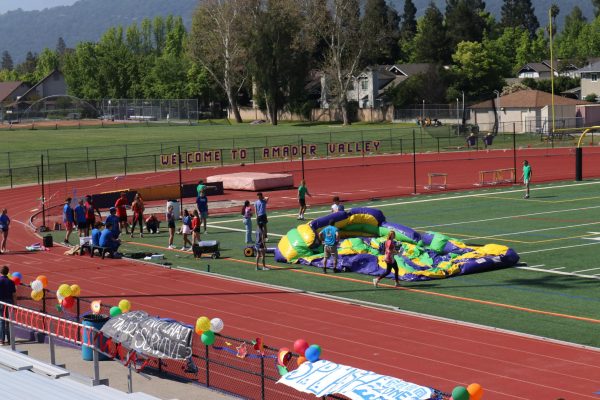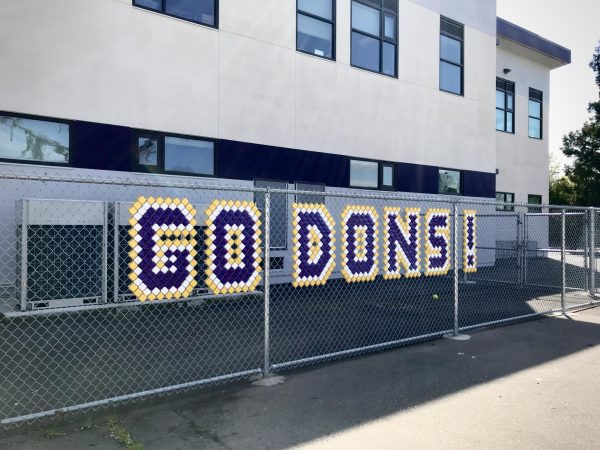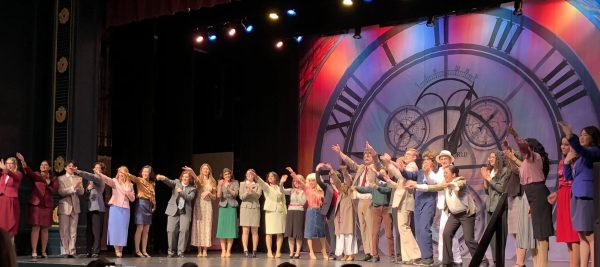Teachers utilize innovative and alternative styles of finals
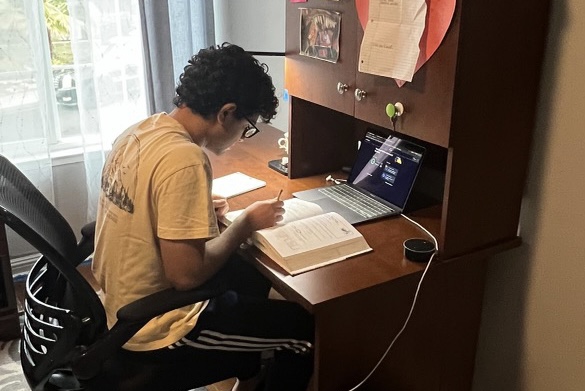
Ajay Reyes (’24) studies for all of his upcoming finals.
December 11, 2022
Some teachers have decided to implement new forms of finals, which they believe will improve students’ learning experiences either through a more flexible or a group format.
Finals typically consist of one immense, cumulative test at the end of a year, which may not address the individual learning deficits of a student since students can struggle in different areas. Increased flexibility in finals can be the solution.
“When finals day arrives, students will be given the option to retake one of the major assessments of the year, not as a new grade, but as a chance to replace an earlier grade,” said John Benbenek, AP English teacher.
Test replacements
This style of final allows students to have a choice. They can choose what areas they need to brush up on instead of taking the same uniform finals everyone takes.
“Everybody learns at a different rate. There are times that people have various things going on,” said Benbenek
Additionally, students who excelled in the class also benefit from a choice to opt out of the final. This allows an opportunity to focus more on other school subjects they are struggling with.
“It allows me to focus on the subjects that I need to work on. I don’t have to spend extra time working on English and get my grade up,” said Jonah Kiang (‘24), a student in Benbenek’s class.
Team finals
A flexible alternative is not the only other method of a final. Michael Ogle, AP Calculus teacher, decides to help students learn the curriculum better with a group final.
“I think [a group final] is where good refined learning happens to help some students get to the next level. I think it helps the majority of the students,” said Ogle.
Ogle bases his belief on the regular group quizzes he uses in his classes, which is essentially a math test that someone does in a team, a smaller scale version of the group final.
“When we started having group quizzes, that’s when I heard the best mathematical communication. People using math terminology and helping each other,” said Ogle.
Group mates can give much-needed help to others and the group final serves as extra practice for the later final.
“If I don’t know [a problem]. . . other people can help me figure it out. Taking the final with [my group] will help me review for the actual individual final,” said Ajay Reyes (‘24), a student in Ogle’s class.

